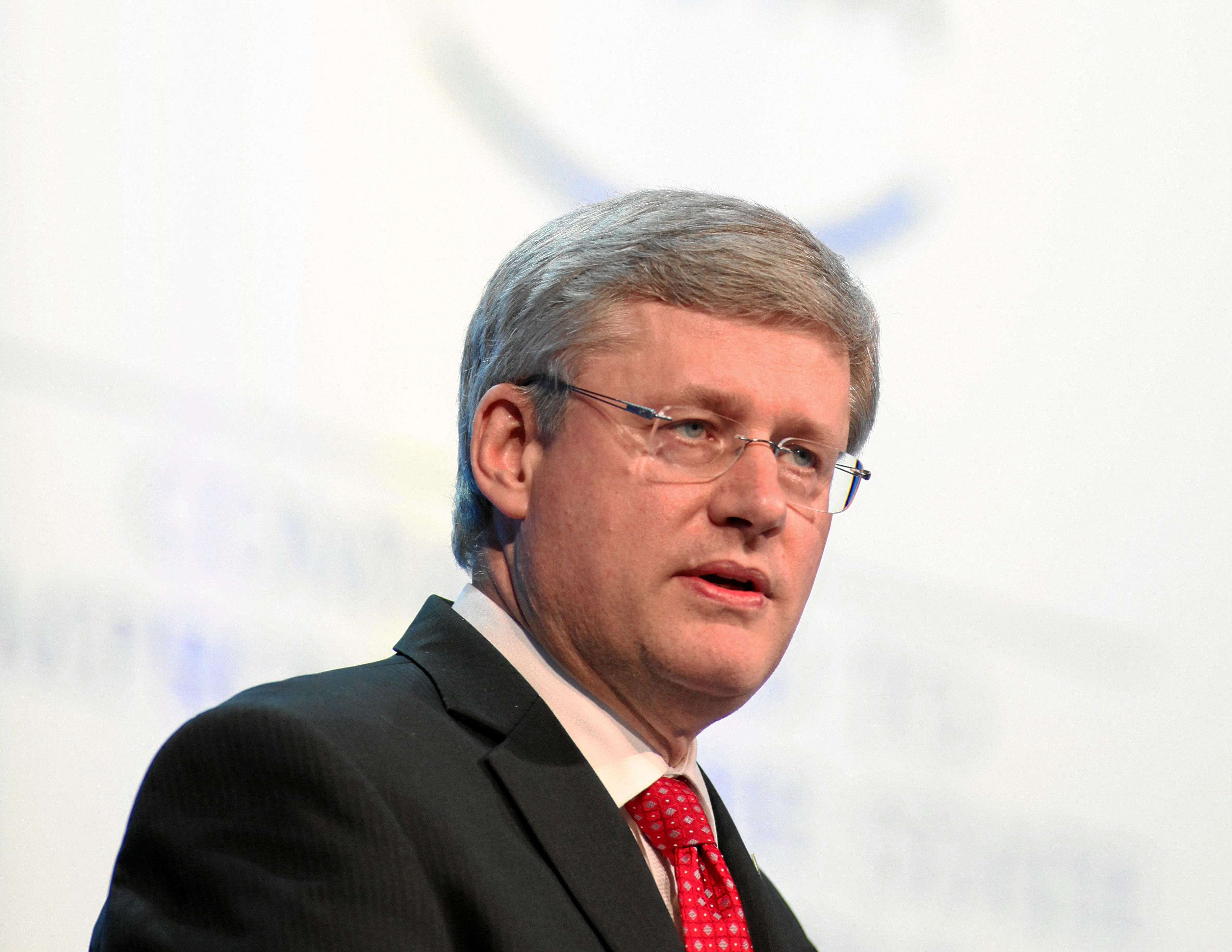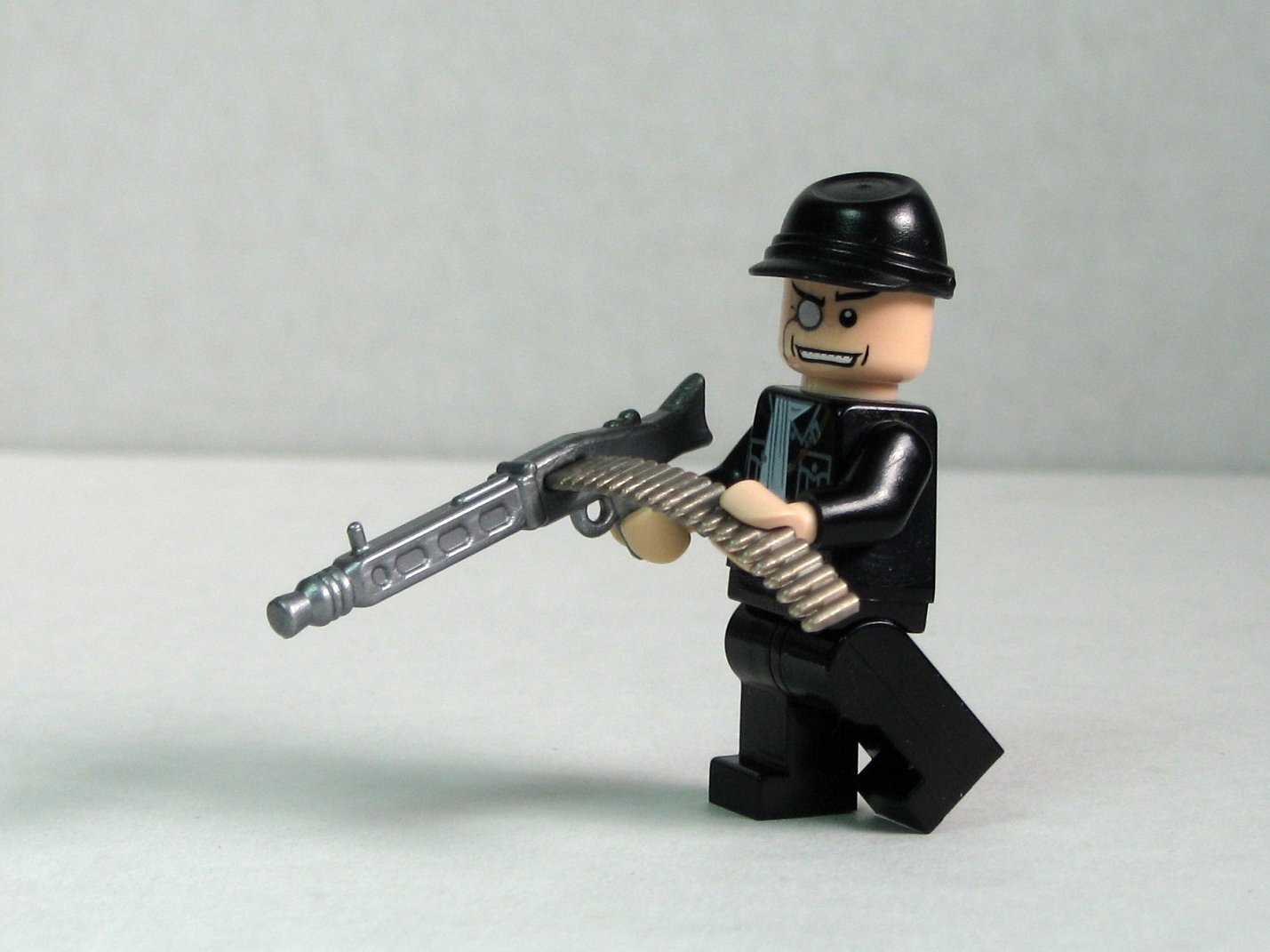“Despite the global economic uncertainty all around us, Canada remains an island of stability and a hope for people the world over.” Thus it was that in his Christmas message at the close of 2012, Stephen Harper gave us all a gift by using one of his favourite words. It’s a word that he seemingly carries in his breast pocket, ready for use whenever the situation arises. It’s a convenient word, because it plays upon our anxieties, our stresses, and our concerns. It’s a post 9/11 word. It’s a word of fear. Stephen Harper’s favourite word is uncertainty.
This wasn’t the first time Harper had invoked the spirit of uncertainty. In his bid for re-election in 2008, Harper urged Canadians not to panic about the economy, as Canada was well-placed to deal with the “period of economic uncertainty.” He won that election, and very soon after noted that his number one job would be protecting Canada’s economy during this time of “global economic uncertainty.” The word has since permeated through the government communications channels; when the Finance Department came under fire for spending millions on ads promoting Canada’s Economic Action Plan, a spokesman said “in an uncertain global economy, it is important that Canadians are aware of the measures and programs in the EAP and how they will lead to jobs, growth and long-term prosperity.”
It should come as no surprise then, that the first words from the Conservatives upon hearing of the coronation of Justin Trudeau as the new leader of the Liberal Party of Canada were “Justin Trudeau may have a famous last name, but in a time of global economic uncertainty, he doesn’t have the judgement or experience to be Prime Minster.” This is certainly not the last time that we will be presented with this message: that nobody but Stephen Harper can safely guide our ship through such turbulent and uncertain waters.
This is not to say that the global economy is in fact stable or that Harper is fundamentally wrong: the Eurozone is still in its state of perpetual collapse, the US is in the midst of its sequester games, and nobody is quite sure what will happen with Canada’s international energy markets. There is something to be said for acknowledging that the global economy is troubled, though one may reasonably ask if there’s ever been a time when that hasn’t been the case. What is objectionable about Harper’s uncertainty messaging is that it seems to consistently be used not as an objective description of the global economy, but rather as a means of shoring up Conservative support and attacking political opponents. It is being used to make the Canadian electorate fearful of change. If this messaging works, then we should feel as if Canada is constantly on the brink of disaster, that the maelstrom of economic turmoil brewing just outside our quiet borders may soon spill over into our simple lives. To borrow another of the Harper Government’s words: it is made to make us fear that the barbarians are indeed at the gates.
Justin Trudeau may very well be inexperienced, though perhaps not any less experienced than Stephen Harper was when he assumed leadership of the Canadian Alliance in 2002, and it is not surprising that this is the first point of attack for the Conservative Party. However when the next election arrives, Justin Trudeau will have been a Member of Parliament for seven years, and the leader of the Liberals for two, not to mention his years of civil society work previous to being elected in Papineau. He will have surrounded himself with a leadership team and potential cabinet that certainly have the experience and policy expertise necessary to support him as a leader. If attacks on his inexperience already ring hollow, imagine how they will sound in 2015.
So as Trudeau gains experience, then all the Conservative communications team has left is the surety that Stephen Harper can keep us safe. How long will the Canadian electorate accept the premise that uncertainty is forever knocking? In a similar country, half a world away, former Prime Minister of Australia John Howard famously invoked the fear of terrorism in countless speeches following 9/11. For a few years, this was undoubtedly helpful, and again was a successful strategy for him leading up to the Iraq war. But by 2007 the Australian people had had enough. They knew that the terrorists weren’t around the corner, and they were tired of being told that they should be in a constant state of fear. If Stephen Harper wants to be Prime Minister after 2015, he may want to take fewer lessons from Howard or Bush, and more from Obama, Layton, and Trudeau. The people are tired of fear and uncertainty. They want hope.
(Feature photo courtesy of World Economic Forum/Flickr)


